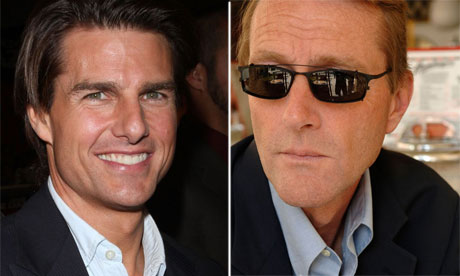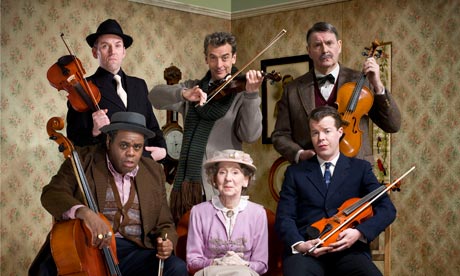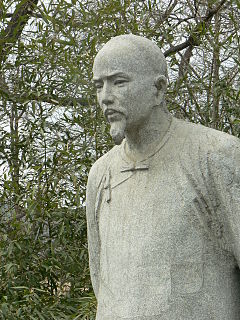 |
| Could Tolkien's trilogy sneak into the Top 100 (ha ha) |
Seriously guys, I think you'll find this was my idea....
Ok, so a list is a list is a list. And this is an obvious way to do it. But isn't it a bit weird that while still compiling my own crowdsourced list with The Big Issue that WBN, World Book Night, should come crashing into cyberspace with their own Top 100 challenge?
Asking for personal top ten lists?
It seems that great minds sure do think alike.
Well are going to get ours out in August. The WBN version won't be ready until next year. So nah nah ne nah nah.
In the meantime you might want to check out their site. It is carrying an 'ever changing top 100'. This in itself acts as a great reminder of the books that are out there; books that are in their own way all utterly unmissable.
A word of caution though. The Top 100, our one that is, is about being individual, distinctive.
So please, as you read down the WBN list as it stands now, don't let yourself get hemmed in by it. Think out of the box - and off the mainstream bookshelf. Don't just throw in the last Costa prize winner you happened to read. Remember all those books you've loved. Not the ones everyone said you had to read....
Speaking of which, I was chatting to a friend the other day and commiserating with him as regards Kate Mosse's multi-million selling Labyrinth.
At the time the book was published critics and other novelists hailed it as 'Dan Brown with brains'. I think that is what it was. Anyway, if you are ever tempted by it, do yourself a favour. My friend and I concurred: we've yet to meet anyone who has actually enjoyed it.
Mosse I am sure is a lovely person, a terrific advocate for good, populist novels, and I don't begrudge her the success of the book. But if ever there was an example of a novel that caught on like the proverbial wildfire without ever deserving the sales and attention it got, well then Labyrinth is that book. I remember the sensation of keeping on till the end, assuming it was all going to get incredibly clever and satisfying.
I was disappointed.
I was disappointed.
What I'm saying is this: don't believe the hype.
Read and judge books for yourself.
Read and judge books for yourself.
And send me those top tens!!! We'll be compiling the list for August, so there isn't a lot of time left.
Oh, and you may as well send them to World Book Night too. But do let them know where you read the idea first...
Oh, and you may as well send them to World Book Night too. But do let them know where you read the idea first...











